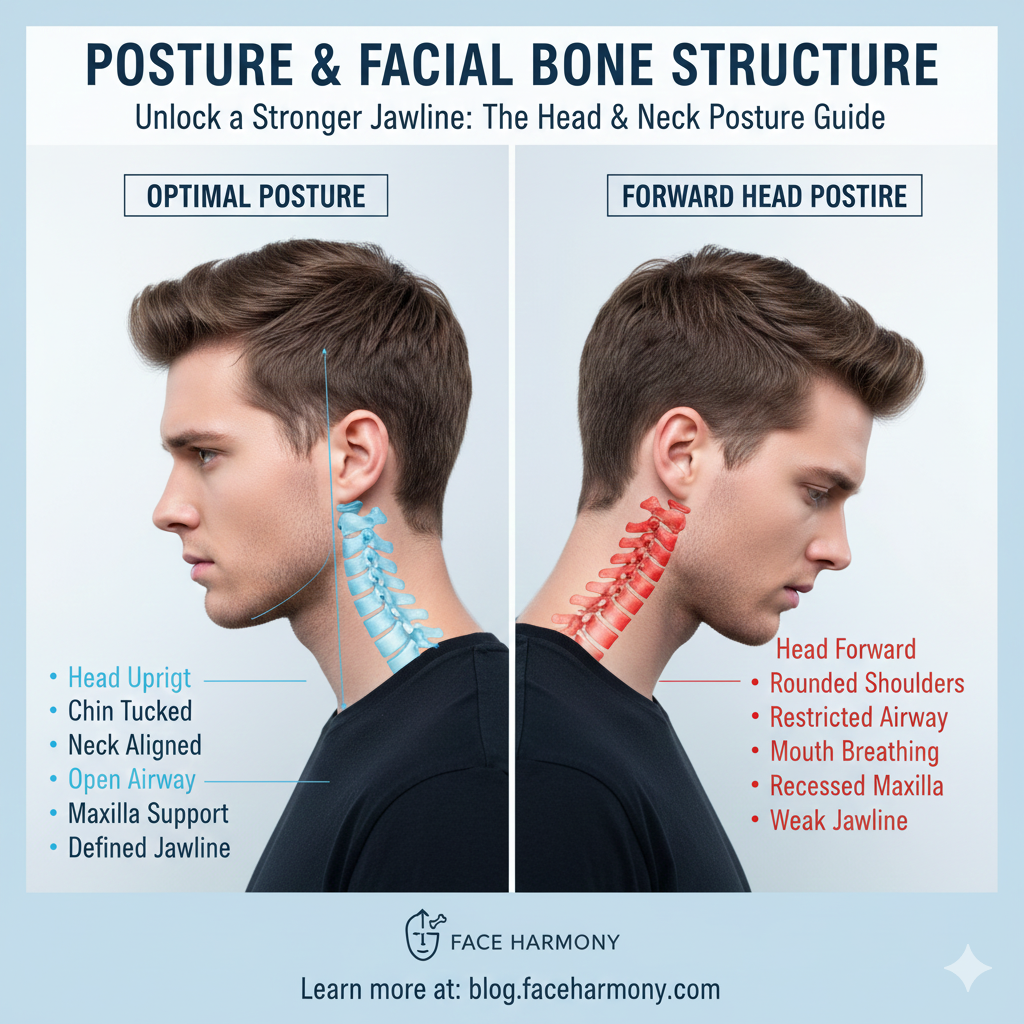Do you often find yourself clenching your jaw or grinding your teeth? If so, you may be experiencing jaw muscle tightness. This common condition can cause discomfort and even lead to more serious issues if left untreated. In this article, we’ll explore the causes of jaw muscle tightness and provide some tips on how to manage it effectively.
Causes of Jaw Muscle Tightness
Jaw muscle tightness can have various causes, including:
- Stress: Stress is a major contributor to jaw muscle tightness. When we are stressed, we tend to clench our jaws and grind our teeth, putting excessive pressure on the jaw muscles.
- Bruxism: Bruxism, or teeth grinding, is a common condition that can lead to jaw muscle tightness. This habit often occurs during sleep and can be caused by stress, anxiety, or an abnormal bite.
- TMJ Disorders: Temporomandibular joint (TMJ) disorders can cause jaw muscle tightness. These disorders affect the joints and muscles that control jaw movement, leading to pain, stiffness, and muscle spasms.
- Injury: Trauma or injury to the jaw can result in muscle tightness. This can occur due to accidents, dental procedures, or even excessive chewing.
Managing Jaw Muscle Tightness
Fortunately, there are several ways to manage jaw muscle tightness and alleviate discomfort. Here are some tips:
- Practice Stress Management: Since stress is a common cause of jaw muscle tightness, it’s important to find healthy ways to manage stress. Consider incorporating relaxation techniques such as deep breathing exercises, meditation, or yoga into your daily routine.
- Use Warm Compresses: Applying a warm compress to the jaw area can help relax the muscles and reduce tightness. Simply soak a clean cloth in warm water, wring out the excess, and hold it against the affected area for 10-15 minutes.
- Avoid Chewing Gum: Chewing gum can exacerbate jaw muscle tightness, as it puts additional strain on the muscles. Try to limit or avoid chewing gum altogether to give your jaw muscles a break.
- Practice Jaw Exercises: Gentle jaw exercises can help stretch and strengthen the muscles, promoting relaxation and reducing tightness. Consult with a dental professional or physical therapist for specific exercises tailored to your needs.
- Wear a Mouthguard: If you grind your teeth during sleep, wearing a mouthguard can help alleviate jaw muscle tightness. A custom-fit mouthguard obtained from your dentist is recommended for optimal effectiveness.
When to Seek Professional Help
If your jaw muscle tightness persists or worsens despite self-care measures, it’s important to seek professional help. A dentist or healthcare provider experienced in managing jaw-related issues can evaluate your condition and recommend appropriate treatment options. They may suggest therapies such as physical therapy, medication, or in severe cases, surgery.
Remember, early intervention is key to preventing further complications and finding relief from jaw muscle tightness. By understanding the causes and implementing effective management strategies, you can regain comfort and improve your overall oral health.
Disclaimer: This article is for informational purposes only and should not replace professional medical advice. If you have concerns about your jaw muscle tightness, consult with a qualified healthcare professional.




